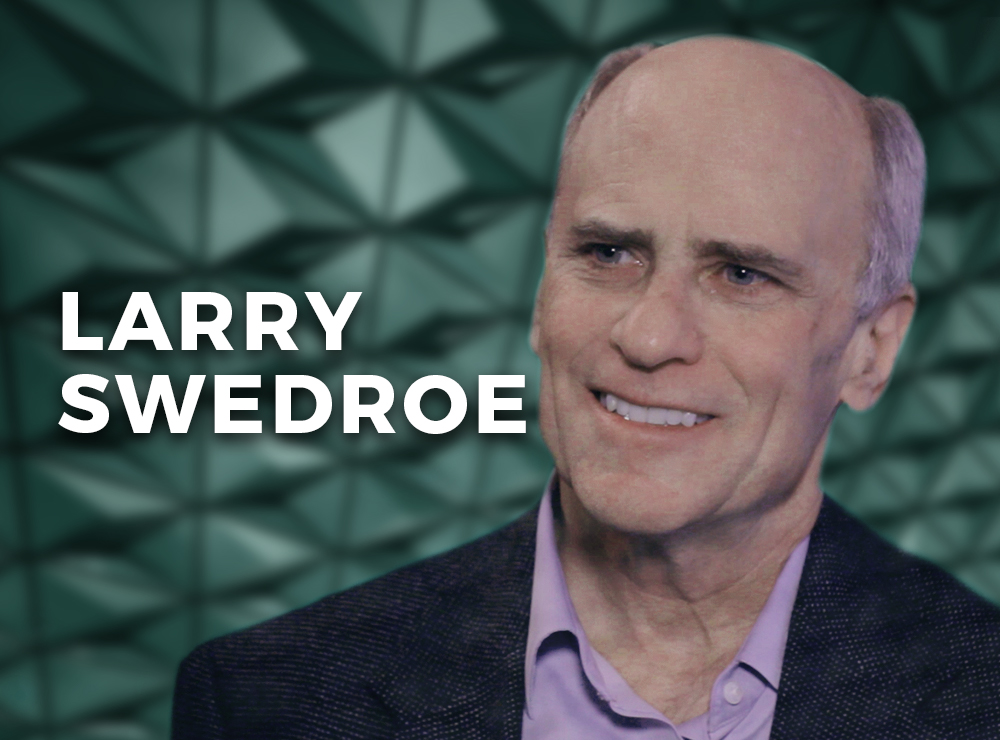
By LARRY SWEDROE
As the chief research officer of Buckingham Wealth Partners, I’ve been getting lots of questions about investing in disruptive technologies, and specifically in the funds of ARK Investment Management, run by founder Catherine Duddy Wood — who was named the best stock picker of 2020 by Bloomberg News Editor-in-Chief Emeritus Matthew A. Winkler. On January 14, 2021, Sam Potter and Claire Ballentine of Bloomberg wrote, “Cathie Wood’s magic touch is so powerful these days she can trigger gains for funds she doesn’t even run.” Wood is also known for having a large following on Reddit.
Receiving those questions about the ARK funds, and about investing in disruptive technologies in general, brought to mind one of my favorite expressions: “What you don’t know about investing is the investment history you don’t know.” With that in mind, I dug into my files. In my 2011 book Investment Mistakes Even Smart People Make and How to Avoid Them, mistake 50 of 77 was titled “Do You Rely on Market Gurus?” In the chapter, I discussed the tale of Clayton Christensen, the “Cathie Woods” of his day. The following is excerpted from the book, with some updating.
In 1997, the first edition of Clayton Christensen’s book The Innovator’s Dilemma: The Revolutionary Book That Will Change the Way You Do Business was published. The Economist called it one of the six most important business books ever written. Amazon’s review stated that the book shows how such products as the Honda Supercub, Intel’s 8088 processor and hydraulic excavators were disruptive technologies that helped to redefine the competitive landscape of their respective markets. At the time, the review stated: “These products did not come about as the result of successful companies carrying out sound business practices in established markets. … These and other products cut into the low end of the marketplace and eventually evolved to displace high-end competitors and their reigning technologies.” Amazon’s review went on to highly recommend this “important” book.
According to BusinessWeek (June 25, 2001), Clayton Christensen (who passed away in 2020) was not only a Harvard Business School professor, but he was also a “Management Guru,” a “rising star of the New Economy” and “the most innovative business thinker in the world today.” In fact, he was twice named the world’s most influential living management thinker. In March 2000, Mr. Christensen, along with St. Louis brokerage owner Neil Eisner, opened the Disruptive Growth Fund. Given his reputation, the financial world and investors had great expectations for the fund.
Christensen chose stocks based on his theory that companies that develop innovative products — “disruptive technologies” — can topple market leaders. Even before reaching its first anniversary, the fund was liquidated — but not before it had lost 64 percent of its value. The only thing disruptive about the fund was the disruption of the financial health of its investors. And these results were achieved by a man twice named the most influential living management thinker.
If you are considering investing in the ARK funds run by Cathie Wood or in funds similarly characterised as “disruptive technologies”, keep in mind the tale of Clayton Christensen.
Important Disclosure: The information contained in this article is for educational purposes only and should not be construed as specific investment, accounting, legal or tax advice. The analysis contained in this article is based upon third party information available at the time which may become outdated or otherwise superseded at any time without notice. Certain third-party information is based upon is deemed to be reliable, but its accuracy and completeness cannot be guaranteed. By clicking on any of the links above, you acknowledge that they are solely for your convenience, and do not necessarily imply any affiliations, sponsorships, endorsements or representations whatsoever by us regarding third-party websites. We are not responsible for the content, availability or privacy policies of these sites, and shall not be responsible or liable for any information, opinions, advice, products or services available on or through them. The opinions expressed by featured authors are their own and may not accurately reflect those of the Buckingham Strategic Wealth®, Buckingham Strategic Partners® (collectively Buckingham Wealth Partners). LSR-21-47
LARRY SWEDROE is Chief Research Officer at Buckingham Strategic Wealth and the author of numerous books on investing.
ALSO BY LARRY SWEDROE
How to avoid foolish behaviour
The endowment effect and difficult decisions
How can we explain momentum returns?
Why do smart people do dumb things?
Be prepared for the next black swan
PREVIOUSLY ON TEBI
ESG: manufacturers are the main culprits
The case for tracking the venerable Dow Jones
The all-important pension question
Advising on life’s big changes
Taking on the dependency problem
FIND AN ADVISER
Investors are far more likely to achieve their goals if they use a financial adviser. But really good advisers with an evidence-based investment philosophy are sadly in the minority.
If you would like us to put you in touch with one in your area, just click here and send us your email address, and we’ll see if we can help.
© The Evidence-Based Investor MMXXI









